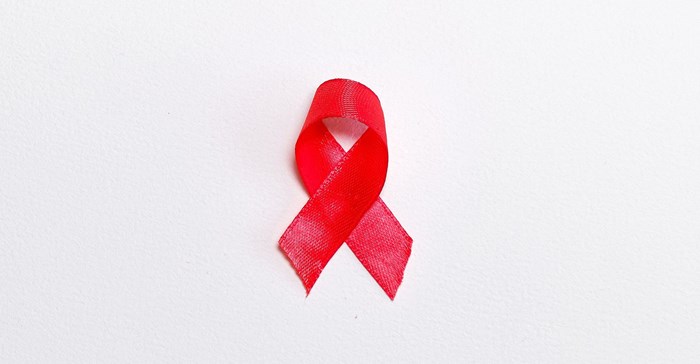Changing HIV's name will help to end the HIV epidemic.
Ending HIV stigma by updating people’s perceptions of the virus and those living with it will dramatically enhance the effectiveness of existing HIV-prevention efforts, according to F/A/Q Health Foundation, the NGO behind the “Update HIV” campaign.
F/A/Q Health Foundation, a sexual health and wellness NGO, has launched a global campaign calling on the World Health Organization to rename HIV to end the stigmatisation of the virus and those living with it.
In continouusly raising awareness of the HIV epidemic all year round and not just on World Aids Day, in South Africa, the signatures of numerous high-level health officials and policymakers from around the world, including Linda-Gail Bekker, chief executive officer of the Desmond Tutu Health Foundation, are being displayed on a mural in Soweto, Johannesburg.
These colourful, painted signatures were collected at last year’s International Aids conference in Montreal, Canada, in support of the “Update HIV” campaign. The mural will be available for view until July.
Today, HIV is preventable and treatable. Yet according to the most recent World Health Organization statistics, at the end of 2021, 38.4 million people were living with HIV. An estimated 1.5 million people became newly infected with HIV, and 640,000 died from Aids-related illnesses.
An epidemic of the mind
F/A/Q Health Foundation believes HIV has become an “epidemic of the mind”: a public health crisis driven by social, cultural, and political factors – not a lack of medical progress. Chief among these factors is HIV stigma, meaning negative attitudes and beliefs about the virus and those living with it.
“Stigma spreads HIV,” explained Bongiwe Ndlovu, project lead: Protection (of F/A/Q Health Foundation), the organisation behind the movement Youth Against Aids. “It means those living with HIV face obstacles to treatment, such as prejudice and discrimination. It silences the conversations we need to be having about sex and sexual health to protect those at risk and the people they love.”
Changing HIV’s name will help change perceptions of the virus, according to Ndlovu. “Desmond Tutu once said, “Language does not just describe reality. Language creates the reality it describes.” For many, “HIV” describes a terrifying, deadly virus. That needs to change. If we’re to end the HIV epidemic, we need to change the way we think about HIV. And that starts with a new name.”





































